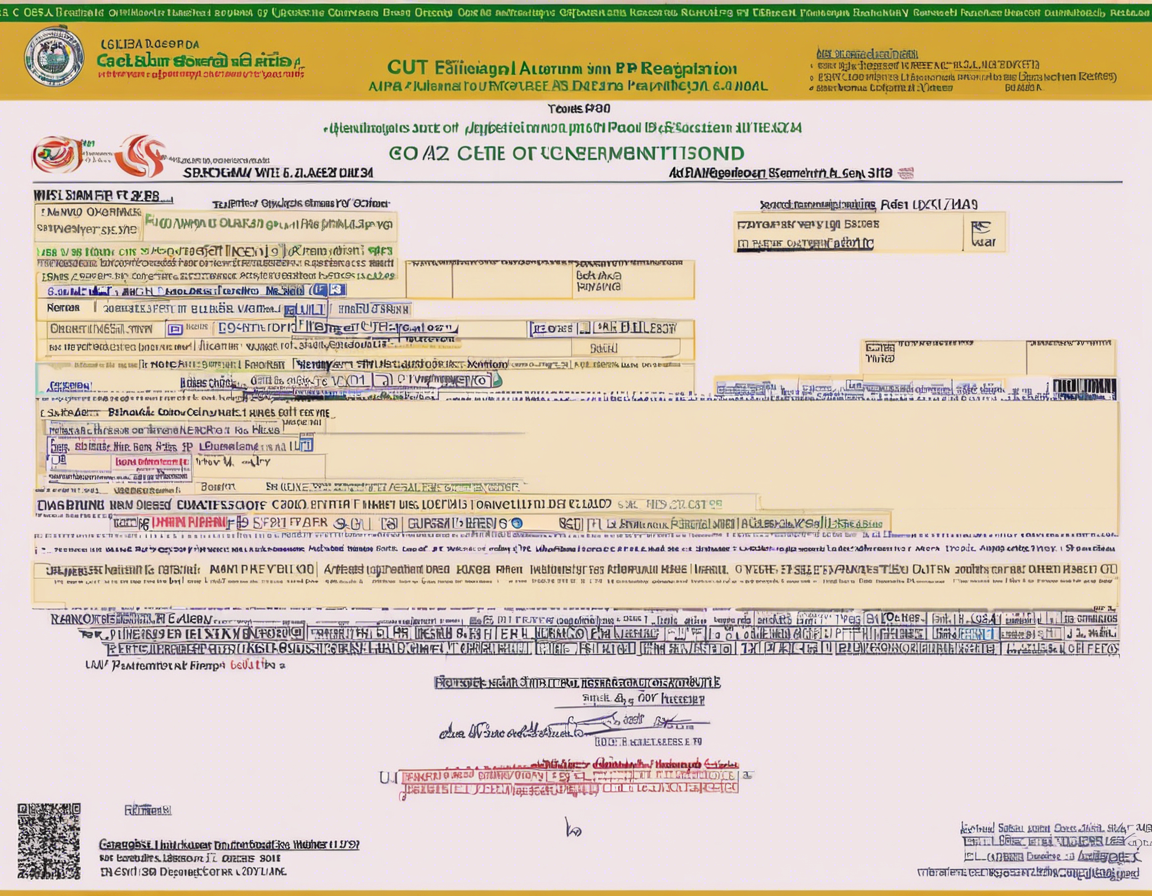
Although it might be a thrilling moment to climb the housing ladder, the procedure can be complex and full of jargon. First-time buyers can take advantage of various programs designed to assist them in getting on the housing ladder, especially if they have a small deposit.
1. Loan To Value
Loan to Value or LTV is a term you may hear people use while discussing mortgages. This is merely a comparison between the loan amount you took out to purchase your house and the property’s appraisal as determined by the mortgage lender.
For example, if you buy a home for £250,000, put down £25,000 as a deposit and have a mortgage of £225,000 – your LTV is 90%. This is because the amount you’ve borrowed (£225,000) is 90% of the home’s value (£250,000).
The lower the LTV, the lower your interest rate is likely to be. This is so because a smaller loan entails less risk for the lender. The cheapest rates are typically available for people with a 40% deposit, which is a 60% LTV.
2. Make Sure You Can Afford Your Monthly Repayments
The most crucial consideration for anyone buying a property for the first time is whether they can actually afford to make this move. Establishing a budget before you begin your property search is a smart idea. Remembering that you’ll still need to pay for regular expenses like food, gas, and electricity, consider how much you can afford to pay each month.
3. Allocation Of Funds For Additional Expenses
When purchasing a property, there are other expenses in addition to your monthly mortgage payment. These consist of the survey expenses, fees for a solicitor or conveyancer (which may involve other expenses like search and Land Registry fees), mortgage arrangement and appraisal costs, removal and moving-in costs, buildings insurance, first-party costs for furniture and décor, stamp duty which is also known as the Land Transaction Tax in Wales or the Land and Buildings Transaction Tax.
4. Obtaining A Mortgage
You can apply for mortgages directly from a bank or building society. However, you may also choose to consider working with a mortgage broker or consultant who is regulated. Advisors can assist you in locating the mortgage that best meets your needs because they are well-versed in the mortgage industry.
This is especially helpful if you have a small deposit, or you are self-employed. There can be other circumstances as well such as the type of property or you need a mortgage for a shared ownership scheme.
5. If You’re Having Trouble Saving Money For A Deposit
There are numerous solutions open to you if you’re having trouble saving a significant enough deposit. This involves looking into personal loan choices designed to help you save money on deposits. A variety of family assistance mortgages are also an option; with these mortgages, the person providing support transfers a portion of the desired loan amount into a designated savings account or secures the mortgage with a portion of their own property.







